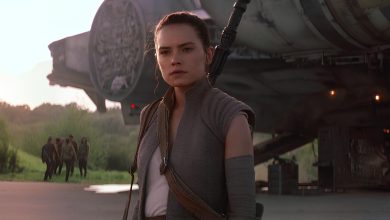A Deeply Flawed Feminist Fairy Tale


“Damsel” does its stock and trade in this kind of female empowerment, a theme that is extremely on the nose throughout the entire film. We see very clearly how marriage, historically, is represented as being akin to human sacrifice, where a helpless young woman is subject to the whims of her new family. Every single character is built out of cardboard, mere props in a storybook fiction, and only Angela Bassett (surprise, surprise) as Elodie’s stepmother manages to make something of her role. In a diversion from the traditional wicked stepmother stock character, she cares deeply for Elodie and her younger sister and is the only person who senses something awry about the royal family. More importantly, despite the fact that this marriage would save their family, she leaves the door open for Elodie to back out of the arrangement in an empathetic gesture that feels the most human out of anything in “Damsel.”
Misogyny and classism are the words of the day. The peril of women is clearly shown, as is the tendency of the rich to exploit and ultimately sacrifice the poor to achieve their own ends. Interestingly (and this is perhaps the only interesting choice that the film makes), the misogynist sacrifice of royal brides is something perpetuated almost entirely by women. Queen Isabelle spearheads the grisly practice, maneuvering her husband — who barely speaks throughout the entire film — and her clearly guilt-ridden son through the ceremony. The dragon herself is female, taking out her grief and rage on innocent young women over the course of several generations. (The fact that it was a man, the former ruler of the kingdom, who caused all this mess in the first place, does not go amiss.)




